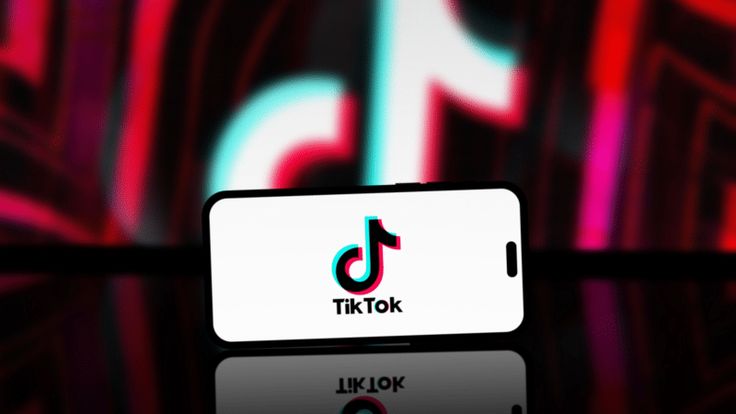china had strongly opposed a forced sale of tiktok in the past. however, with the u.s. supreme court likely to uphold a law permitting a ban unless tiktok’s parent company, bytedance, divests its u.s. assets, the dynamics are shifting. selling to musk might present a mutually beneficial option for bytedance, musk, and the chinese government.for bytedance, selling tiktok’s u.s. operations could help salvage value before losing access to the american market. musk’s deep business ties to china and his influence with the incoming u.s. administration also make him a favorable option for beijing.
china might view musk as a strategic ally. his businesses, particularly tesla, are heavily reliant on the chinese market. tesla’s shanghai gigafactory is among the company’s most productive plants, and china is tesla’s second-largest market, generating $5.7 billion in revenue in the third quarter of 2024 alone. musk’s frequent meetings with chinese officials and his alignment with certain chinese positions, such as on taiwan, further solidify his standing.
from musk’s perspective, acquiring tiktok could align with his ambitions. it would allow him to expand his influence in social media and portray himself as a defender of free speech. tiktok’s 170 million u.s. users and its ad revenue potential would also provide a significant boost to x.
despite the potential alignment of interests, significant obstacles remain. musk would need to secure the funds for a deal that could cost $40–50 billion. his acquisition of twitter (now x) left banks reluctant to finance another large purchase, especially given x’s struggles post-acquisition.
moreover, bytedance would likely need chinese government approval due to export restrictions on tiktok’s algorithm, a critical asset. analysts suggest that while beijing might agree to a sale, it’s unlikely to include the algorithm.
user backlash and platform risks
the prospect of musk owning tiktok has already sparked mixed reactions among users. while some express relief that a ban might be avoided, others fear musk’s ownership could undermine the platform, citing his controversial management of x, which saw an increase in hate speech and misinformation.
for china, selling tiktok to musk could also serve as leverage in negotiations with the incoming u.s. administration. a deal might help china avoid new tariffs threatened by the president-elect. musk’s close ties to the white house, including his role as an advisor, could make him a useful intermediary.
a complex gamble
even if musk manages to buy tiktok, there’s no guarantee users would stay. a mass exodus similar to what occurred with x could devalue the platform. the deal, if it happens, would be a high-stakes gamble for all parties involved, with far-reaching implications for global tech and geopolitics.
